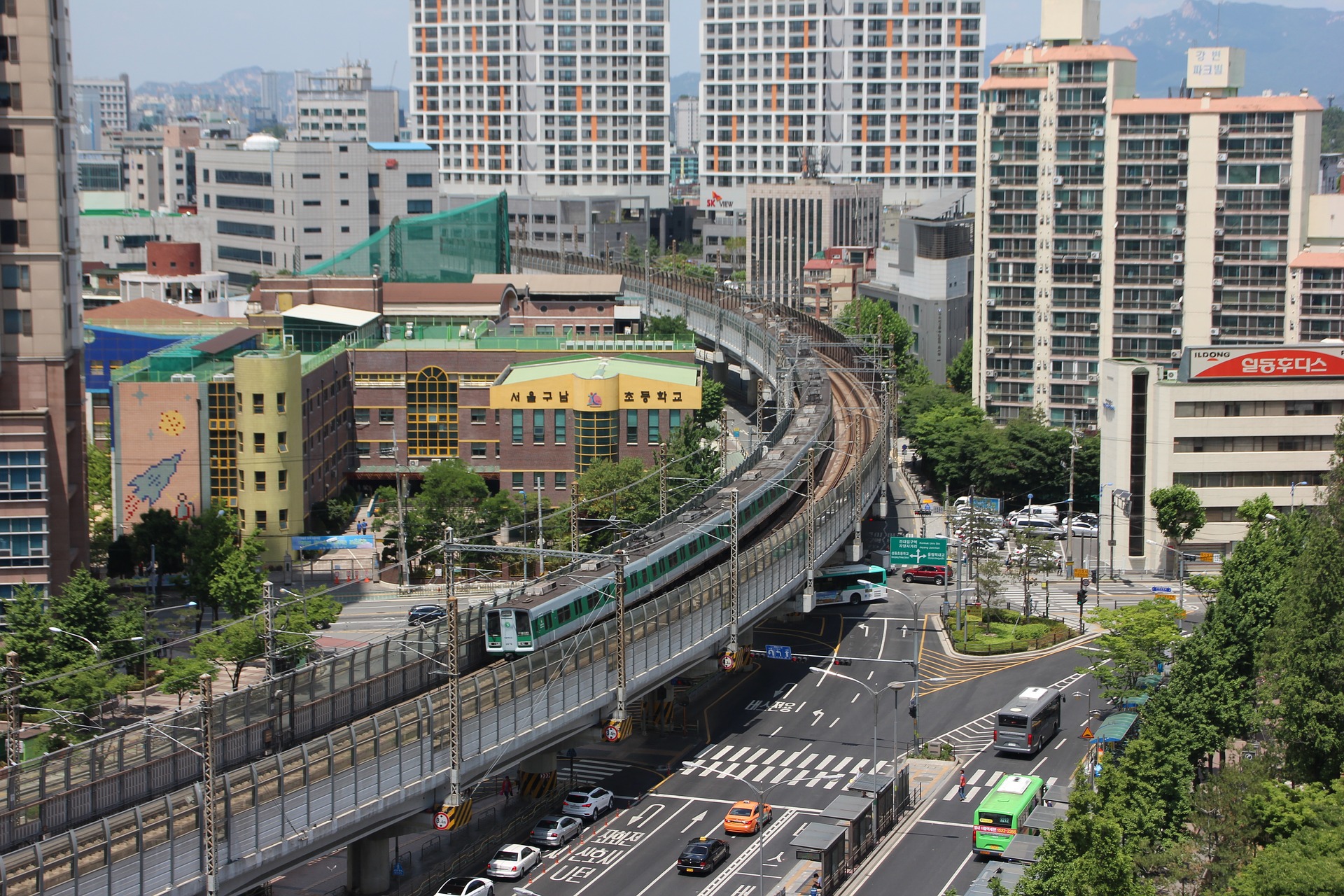1021 results found
Featured results



More results
This report assesses infrastructure PPP investments in an expanded list of Fragile and Conflict Affected States (EFCS2), as well as the PPP regulatory frameworks during the 2012-2016 period.
This book provides a comprehensive evaluation of developing country power sector reform, sifting the evidence of whether reforms have contributed to improved sector outcomes.

Lifelines lays out a framework for understanding infrastructure resilience—the ability of infrastructure systems to function and meet users’ needs during and after a natural shock—and it makes an economic case for building more resilient infrastructure.

This report aims to inform water system managers on the importance of andmeasures to build the resilience of water service provision to natural hazards and climate riskswhile ensuring that water systems can safeguard service provision by reducing their exposure tothe risks associated with natural hazards.

This paper, prepared as a sectoral note for the Lifelines report on infrastructure resilience, investigates the vulnerability of the power system to natural hazards and climate change, and provides recommendations to increase its resilience.

This chapter discusses the impact of climate events on various types of digital infrastructure.

This paper, prepared as background material for the Lifelines report on infrastructure resilience, summarizes the main findings on the risk faced by transport networks and users as a result of natural disasters and climate change, and the main recommendations for building more resilient transport networks.

This study identifies potential competition issues to monitor and makes specific recommendations by country and topic.

This paper presents the state of infrastructure in developing Asian countries, in particular how the development of this infrastructure has correlated with past and current growth in Asia.

This paper provides a comprehensive overview of the issues, policies, and political economy of infrastructure investment, and a review of empirical literature of the relationship between growth and infrastructure within Asia.

This paper provides a review of the literature connecting housing, housing finance and the broader economy. It draws together work in these areas that are seldom part of the mainstream literature of economic development.

This paper argues that with the rapid urbanization in Southeast Asia, local government units (LGUs) in Southeast Asia are comparable to their counterparts in Canada and therefore should move to a comprehensive/beneficial asset management system.

This policy brief reviews two aspects of independent regulation: institutional efficacy, including primarily autonomy, capacity, and accountability; and the mode of regulation, or the regulator's functional scope. Recommendations are made in the policy brief relating to the entire regulatory process.

This paper focuses on how to improve services by laying out the rationale and steps for cities to achieve bus sector reforms, with case studies, examples and illustrations.

This paper reviews the literature on the impact of physical infrastructure on development and issues surrounding the analysis of the effects of infrastructure on development indicators such as poverty.

This report provides a comprehensive overview of digital transformation in Russia, including chapters on the general digital economy in Russia, the global best practice for enhancing digital platforms in Russa and boosting digital innovation.

This report analyses the barriers women face in the water workforce and provides a practical approach to advance gender diversity in the water sector.

This report responds to a request from the Royal Government of Cambodia for the World Bank to assess the current state of its Digital Economy and identify policies such as supporting the development of digital skills and completing regulatory framework.

The Global Infrastructure Hub (GI Hub) has collaborated on this blog with Seungbeum Rho, a Specialist at the Korea Development Institute (KDI). This blog outlines some of the lessons learned in Korea on the topic of project preparation, which can be found in more detail in the GI Hub’s Reference Tool on Governmental Processes Facilitating Infrastructure Project Preparation.
 Project Preparation Tool
Project Preparation Tool
 Introduction: Laying the foundations and charting a way forward
Introduction: Laying the foundations and charting a way forward
 Enabling environment: what are the prerequisites required to facilitate the preparation of quality infrastructure projects?
Enabling environment: what are the prerequisites required to facilitate the preparation of quality infrastructure projects?
 Financing project preparation: how can governments effectively utilise project preparation financing sources?
Financing project preparation: how can governments effectively utilise project preparation financing sources?
 What are the benefits of well-planned and prioritised infrastructure investment?
What are the benefits of well-planned and prioritised infrastructure investment?
 How do you translate a concept into a bankable project?
How do you translate a concept into a bankable project?
 How should governments communicate projects?
How should governments communicate projects?
 Project Preparation in Indonesia – how has the government attracted private participation?
Project Preparation in Indonesia – how has the government attracted private participation?
 Project Preparation in India – how specialised institutional structures help in planning complex projects
Project Preparation in India – how specialised institutional structures help in planning complex projects

Focused on the electricity system, BloombergNEF s (BNEF s) New Energy Outlook (NEO) combines the expertise of over 65 market and technology specialists in 12 countries to provide a unique view of how the market will evolve. Each year BNEF makes a number of changes to NEO as they strive to improve the completeness and complexity of their analysis. Click on the link to BNEF s website to see the 10 key findings.







